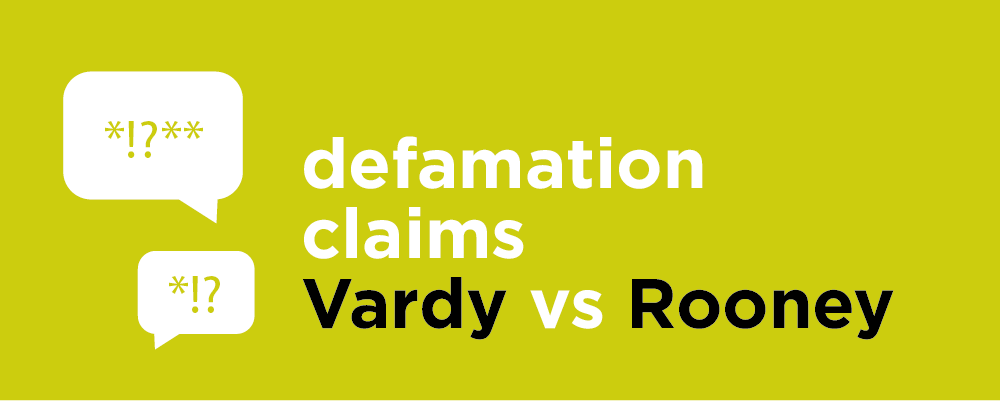- Basildon 01268244144
- Chelmsford 01245453800
- Colchester 01206217300
- London 020 4586 1280

The “Wagatha Christie” scandal hit the headlines late last year when Coleen Rooney wrote several posts on Twitter about suspected leaks of private information to The Sun newspaper. Coleen explained that the leaked information could only have been taken from her stories on her private Instagram account, which Coleen had limited to one account: Rebekah Vardy’s account.
Rebekah Vardy strongly denied the allegations and claimed that others have access to her Instagram account. On 12 June 2020, Rebekah issued proceedings against Coleen Rooney for defamation.
On 20 November 2020, Rebekah won the first hurdle of her claim as a High Court judge ruled in favour of Rebekah that the posts written by Coleen Rooney directed guilt at Rebekah Vardy, rather than at her social media account.
The parties have agreed a stay of the proceedings until February 2021 in a final attempt to resolve the matter without the need for a full trial. It is therefore yet to be seen what the outcome of Rebekah Vardy’s claim will be, but what is required for a successful defamation claim?
There must be a “Defamatory Statement”
Defamation is an untrue spoken or written statement, which when published is harmful to the reputation of an individual. There are two possible forms of defamation:
- Slander – spoken words or gestures.
- Libel – lasting forms of publication, such as print.
To be defamatory, the statement must have caused or be likely to cause serious harm to the reputation of the person. What exactly serious harm means is not clear, but the threshold is reasonably high and will depend on the circumstances. Judges have been quick to clarify that the sole fact that the statement causes upset to another’s feelings will not evidence serious harm.
Where it is a body that trades for profit that is claiming defamation, the harm to reputation will not be deemed “serious harm” unless it has caused or is likely to cause the body serious financial loss.
The statement must identify the Claimant
In straightforward cases, it will often be very clear who the statement is made about. However, an unnamed individual who can be identified by other means as the subject of a defamatory statement will also have a claim.
There must be a publication
The defamatory statement must be published, meaning that it must be communicated to at least one person other than the claimant.
Each and every publication can lead to a claim, and therefore it is advisable not to repost or repeat a defamatory statement, as the claimant will have a claim against you as well.
Defences
There are several defences available to an allegation of defamation, but the two main complete defences are:
- Truth – it can be shown that the statements complained of are substantially true.
- Honest opinion - the statement was a statement of opinion and an honest person could have held the same opinion on the basis of any fact which existed at the time the alleged defamatory statement was published.
Intention is irrelevant and the fact that the defendant did not mean to defame someone is not an acceptable defence.
If you require assistance with disputes around defamation of character, then contact Claudia Hubert in our Dispute Resolution team on 01245 453810 or claudia.hubert@birtkettlong.co.uk.



Comments